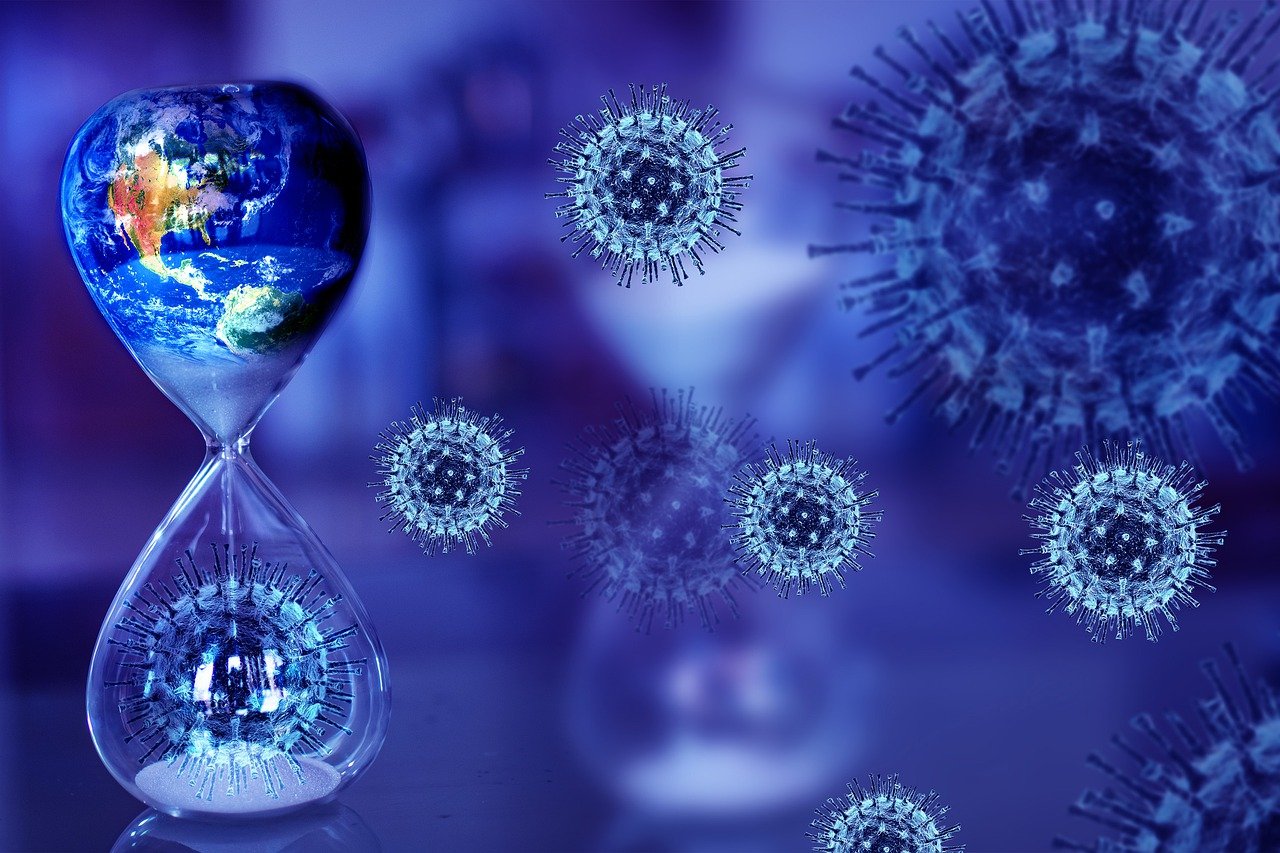Many Indian states have confirmed a continuous increase in black fungus cases among Covid-19 patients. Within the last week, thousands of people have contracted this fungal infection urging an increased demand for steroids to save the lives of millions of patients already struggling for their lives.
Mucormycosis, commonly called black fungus is a rare infection that is showing up in Covid-19 patients who are recovering from the disease. It is such an aggressively growing fungal infection that it covers, eyes, mouth, and nose to reach the brain. Nearly half of the infected patients lose their lives to it.
This deadly fungus starts hitting the nose and gradually grows to the brain. Many times the doctors have to remove some part of the nose, eyes, jaws, or skull to eliminate this fungus from the body.
Also read- New Technology Used In Tampons and Napkins to Diagnose Vulvovaginal Infections
Despite being an extremely rare disease, thousands of Covid-19 patients in India are caught by black fungus, and hundreds of them are already dead. This increase is more common in patients who have already beaten the coronavirus and are now in a recovery phase. Experts believe that this incidence of fungal growth is aligned with the excessive use of steroids for a very long period of time, and the fungal growth is a side effect of these medicines.
Some of them are also putting it to diabetes and immunocompromised status of the patients as India is already at number two place among highest diabetic patients in the entire world. In some cases, patients who are on a ventilator in ICU or CCU are also diagnosed with the black fungus suspecting the exposed airways giving a chance to humidity and the air’s moisture to propagate its growth.
The black fungus that is showing up in Covid-19 patients is typically caused by fungal spores that travel from the environment to the body through inhalation. Once inside the body, it manifests itself in the eyes, nose, and jaws of the patient, making them turn black. Without an effective treatment or plan, it can grow and reach the brain causing the death of the patient. Those who are already vulnerable such as immune-compromised patients experience its dangers much fast than other, healthy people.
So far, five Indian states, Tamil Nadu, Rajasthan, Telangana, Gujarat, and Odisha are hit. In these states, it is already declared as a pandemic and other states are working on their prevention plans. The Indian Council of Medical Research is active and it has already published a notice that mentions diagnostics and treatment options for the black fungal cases.
It was first spotted in Maharashtra, where it has caused 1500 cases, 90 of which lost their lives. Delhi hospitals are also reporting an increase in fungal cases suggesting them to be between 15 to 20 per day.
Also read- Why COVID-19 Vaccines Work Differently In Men and Women?
The deadly black fungus epidemic is spreading more and more every day. The first case has also been reported in Kashmir, last week, suggesting that the fungus has already reached most of the states.
This increase in cases has caused a huge demand for medicines, leading to a shortage in the market. The government is trying to arrange anti-fungal medicines to share this burden and has granted permission to the local pharmaceutical agencies to manufacture more antifungal medicines.


